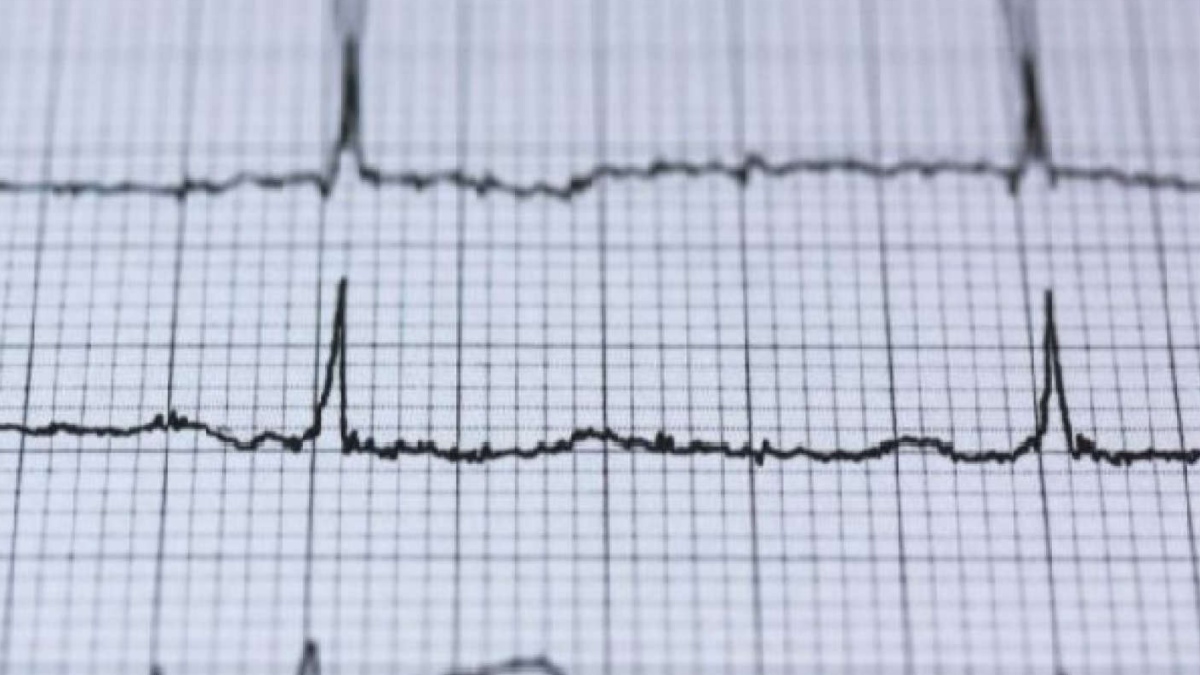


Ischemic stroke is characterized by a reduced or complete blockage of blood flow to an area of the brain due to plaque deposition in the blood vessels supplying the brain. This leads to the rapid death of brain cells.
Stroke is a medical emergency and unless treated promptly can lead to permanent disability or death.The most common warning symptoms of stroke include weakness or numbness of the face, limbs, or one side of the body observed in 90% of the cases. Other symptoms may include slurry speech, confusion, loss of balance, and vision-related issues.
Disease burden Annually, more than 11 million stroke cases have been recorded worldwide. Though the risk of stroke increases with age, of late the occurrence of stroke in the younger population has become a matter of crucial concern globally. Evidence suggests nearly 10-20% of all strokes occur in the younger people between 18-50 years of age. Moreover, studies have also shown that the burden <55 years of age is rising steeply from 12.9% in 1993 to 18.6% in 2005. Studies carried out in the Indian population suggests about 10-15% of strokes occur in people <40 years of age. When compared to the Western population, stroke strikes about 15 years earlier in developing countries such as India.
Elaborating on the topic Dr.Raghuram, Consultant Neurologist, Columbia Asia Referral Hospitals Yeshwanthpur – a unit of Manipal Hospitals, said “On this world stroke day, there is an immediate need to shun ignorance and keep ourselves aware of the increasing number of strokes in the young population every year. We treat around 3- 4 patients of acute ischemic stroke admissions in a day across Manipal hospitals, Bangalore. Especially among the younger population, we must make sincere attempts to reduce this number by focusing on the prevention of stroke.”
The effect of ischemic stroke on one’s quality of life is devastating. Stroke is the 2nd leading cause of death globally, with an annual mortality rate of about 5.5 million. Nearly 50% of those who survive are permanently disabled. “When it attacks the younger individuals, it has a greater economic impact due to reduced ability to work in their most productive years. Further, stroke is associated with life‐long impairment of cognition, a higher risk of suicide, depression and anxiety. It has profound impacts on the life of both the patients and caretakers. Hence it is vital to become aware of the causes of ischemic stroke and prevent ourselves from getting one,” said Dr Raghuram.
Researchers show how air pollution reduces sperm count
RISK FACTORS
Both unchangeable factors and lifestyle factors play an important role in the development of stroke. While we cannot do much about the increased risk of stroke due to progressing age, ethnicity, male gender, genetics and previous history of stroke, we can all cut down its risk by controlling modifiable factors of hypertension, diabetes, smoking, undermanaged heart conditions, the use of oral contraceptives, smoking, alcohol abuse, high cholesterol, sedentary lifestyle, obesity, etc.
Indeed, in an Indian study among stroke patients aged, 18-to-45-year, hypertension (50%) was the most cause of stroke, followed by prior history of stroke, high cholesterol and smoking, highlighting the importance of lifestyle changes in stroke management.
PREVENTION & CARE
Efforts should be made to bring lifestyle changes to avoid the ischemic stroke and its consequences at a later point in life. The different steps we can take to keep strokes away while we are young are: Including lots of fruits and vegetables in the diet; Cutting down on sugars, salt, fats, processed and fast food; Regular exercising for at least 30-40 mins 5 days a week including cardio and weight-bearing routines; controlling risk factors of diabetes, hypertension, heart conditions, high cholesterol, obesity, etc through diet, exercising and prescribed medications and regular health checkups is the key to prevent stroke.
Dr. Raghuram is a Consultant Neurologist, Columbia Asia Referral Hospitals Yeshwanthpur – a unit of Manipal Hospitals